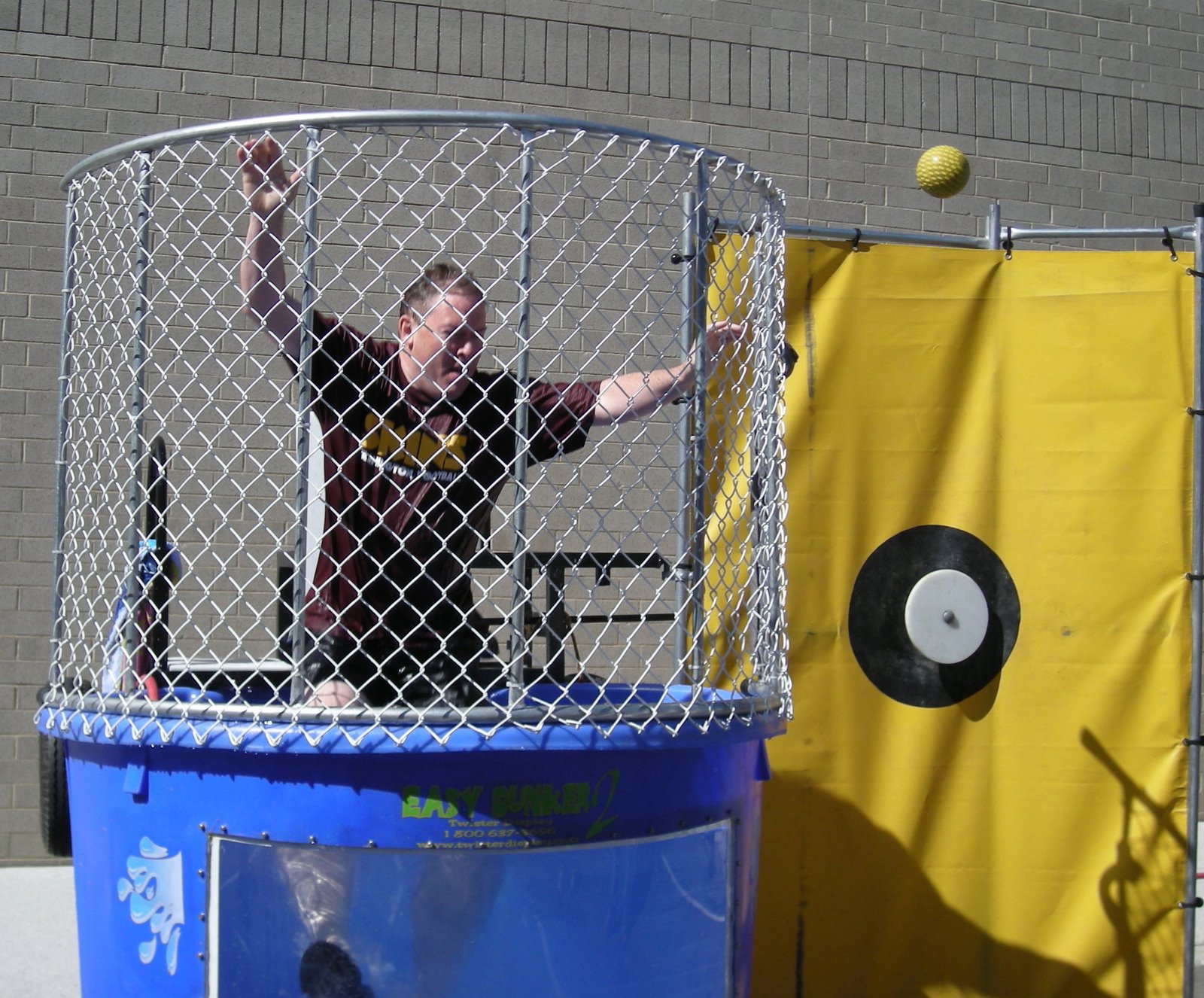
As you know, kids of all ages are consuming large numbers of s0-called energy drinks. Energy drinks are soft drinks advertised as boosting the energy of the person consuming the beverage. While some of these drinks do increase one's short-term energy, the drink manufacturers rarely share that the energy that is created is derived from the large amount of calories that these types of drinks contain. Rather, the beverage manufacturers emphasize that their products deliver energy from various kinds of caffeine, vitamins, and herbal supplements that they have "scientifically" combined to improve one's performance.
If you talk to middle schoolers, a large number will share that these types of drinks are better for your health than water. Further, some adolescents believe that they perform better in school and on the athletic field if they consume "energy drinks" on a regular basis.
If these products alone did not cause parents and educators to worry about their children's health, I recently came across a presentation by Vincent Fasano, a police officer assigned to work in a high school, who provided the following information on "energy" drinks. I was so alarmed, I wanted to share his presentation with you.
Do You Know the Difference?





























No comments:
Post a Comment